#ad [ recommended product]
Introduction
Aging slower is a goal many strive for, and zinc (a trace element essential for countless bodily functions) might be able to help with that. It’s not an exotic botanical extract or complex chemical compound. Zinc’s anti-aging benefits are some of the most potent in the fight against aging, and they’ve been hiding in plain sight all along.
That’s right, the same humble mineral your parents told you to take for a cold is a powerhouse when it comes to keeping your skin firm, smooth, and radiant. It’s a classic case of an old-school remedy getting a modern-day glow-up. This article will dive deep into zinc’s anti-aging benefits, exploring how it works, what science says about its effectiveness, and how to use it safely. So, get ready to rethink everything you thought you knew about this essential nutrient.
The Effectiveness of Zinc for Anti-Aging
When it comes to zinc, the evidence shows that a deficiency can actually speed up the aging process. But why?
Mechanism of Action
Zinc isn’t a one-trick pony. It battles aging from multiple angles, acting as a crucial cog in the complex machinery of skin repair and protection.
- An Antioxidant Powerhouse: Think of your skin as being under constant attack from environmental villains called free radicals (from pollution, UV rays, etc.). These unstable molecules cause oxidative stress, which breaks down skin cells and accelerates aging. Zinc steps in like a cellular bodyguard, helping to neutralize these free radicals and protecting your skin’s structural integrity.
- Collagen’s Best Friend: Collagen is the protein that gives your skin its structure and firmness. As we age, collagen production nosedives, leading to sags and wrinkles. Zinc is a vital cofactor—a “helper molecule”—for the enzymes that produce collagen. Without enough zinc, your body simply can’t build that bouncy, youthful matrix.
- Elastin Regeneration: If collagen is the scaffolding, elastin is what gives your skin its “snap back.” Damage to elastin fibers is a key reason skin loses its resiliency. Exciting research has shown that certain zinc complexes can help regenerate elastin, potentially restoring some of that youthful bounce.
- A Natural Sun Shield: Topically, zinc oxide is a rockstar. It forms a physical barrier on the skin that reflects both UVA (aging) and UVB (burning) rays. By physically blocking this radiation, it prevents photoaging—the number one cause of premature wrinkles, fine lines, and dark spots.
Clinical Research Results
What does the science say? Clinical studies have backed up many of zinc’s anti-aging claims.
- Studies on topical zinc oxide have long established it as a safe and effective broad-spectrum sun protectant.
- Research published on zinc has highlighted its important in maintaining healthy skin, leading to a more youthful appearance.
- Oral zinc supplementation has been shown to reduce systemic inflammation, a key driver of aging. While more research is always needed to draw direct lines between a supplement and fewer wrinkles, it’s clear that supporting overall health with adequate zinc levels contributes to healthier, more resilient skin.
Dosing: Getting It Just Right
With zinc, more isn’t necessarily better. Hitting the sweet spot is key.
- Topical Zinc: For products like sunscreen, the concentration of zinc oxide typically ranges from 20% to 25%. The best advice? Simply follow the directions on the product label for effective protection.
- Oral Zinc:
- Recommended Dietary Allowance (RDA): The general guideline for adults is 8 milligrams (mg) per day for women and 11 mg per day for men.
- Tolerable Upper Intake Level (UL): Do not exceed 40 mg per day from all sources (food and supplements) unless directed by a doctor.
- Food First: The best way to get zinc is through your diet. Oysters are famously packed with it, but you can also find it in beef, pumpkin seeds, lentils, and nuts.
Comparable Efficacy to Other Treatments
How does zinc stack up against other anti-aging treatments?
- Versus Chemical Sunscreens: Zinc oxide offers broad-spectrum physical protection without the potential irritation of some chemical filters, making it a go-to for sensitive skin.
- Versus Other Antioxidants: While vitamins C and E are fantastic, zinc works in different but complementary pathways. Think of it as a foundational mineral that helps other antioxidants do their job better.
- Versus Retinoids/Lasers: Let’s be realistic. Zinc is not going to give you the dramatic, overnight results of a laser treatment or a prescription retinoid. Instead, its strength is in daily defense and long-term maintenance. It’s the slow-and-steady marathon runner of the anti-aging world, and every skincare routine needs one of those.
The Safety Profile of Zinc
Thankfully, zinc is generally very safe, but it’s important to be aware of potential issues.
Adverse Effects
- Topical: Zinc oxide is incredibly well-tolerated. The most common “side effect” is the white cast it can leave on the skin, though modern micronized formulas have greatly reduced this. In rare cases, it can cause minor skin irritation. It’s always smart to patch-test a new product.
- Oral: Sticking to the RDA is perfectly safe. However, exceeding the 40 mg upper limit can cause nausea, stomach pain, and other gastrointestinal issues. Taking very high doses over a long period can interfere with your body’s ability to absorb copper, leading to a deficiency.
Drug Interactions
Before you start popping a supplement, have a chat with your doctor. Oral zinc can interact with certain medications, including:
- Antibiotics: Specifically tetracycline and quinolone antibiotics. Zinc can reduce their absorption, making them less effective.
- Diuretics: Some blood pressure medications can affect zinc levels in the body.
Precautions
A little common sense goes a long way. Don’t apply topical zinc to broken, blistered, or infected skin without getting the green light from a healthcare professional. And if you’re pregnant, breastfeeding, or have any underlying health conditions, always consult your doctor before beginning any new supplement regimen. Understanding the full picture is key to reaping zinc’s anti-aging benefits safely.
Frequently Asked Questions (FAQs)
1. Can I get enough zinc from my diet for anti-aging benefits? For most people, a balanced diet rich in zinc-containing foods can provide the RDA. However, vegetarians, vegans, and those with certain digestive conditions may struggle to get enough and could benefit from supplementation after consulting a doctor.
2. Is topical zinc oxide better than chemical sunscreen? “Better” is subjective. Zinc oxide is a physical blocker and is often preferred for sensitive or acne-prone skin because it’s less likely to cause irritation. Chemical sunscreens absorb UV rays and are often formulated to feel lighter on the skin. Both are effective when used correctly.
3. Will taking zinc supplements get rid of my wrinkles completely? No single supplement or cream can completely erase wrinkles. Wrinkles are a natural part of aging. Zinc supports the skin’s structure and protects it from further damage, which can help soften the appearance of fine lines and prevent new ones from forming as quickly.
4. How long does it take to see results from using zinc for skin health? For topical zinc sunscreen, the results (sun protection) are immediate. For improvements in skin health from oral supplementation, it can take several weeks or even a few months to notice changes as your body’s zinc levels normalize and cellular functions improve.
5. Can too much zinc actually be bad for my skin? Yes. While a deficiency can harm your skin, an excess of oral zinc can throw your body’s mineral balance out of whack, which could indirectly affect your skin. Sticking to the recommended dosage is crucial.
Conclusion
Zinc is far more than just a remedy for the sniffles. It’s a fundamental building block for healthy aging, and resilient youthful-looking skin. From defending against environmental aggressors to helping build the very collagen that keeps our skin firm, its contributions are both profound and scientifically validated.
The most powerful approach is a dual one: protect your skin from the outside with a daily zinc oxide sunscreen, and nourish it from the inside by ensuring you get enough zinc through your diet or supplementation. By embracing zinc’s anti-aging benefits, you’re not just chasing a fleeting trend; you’re investing in the long-term health and vitality of your body.
References
- Al-Khafaji Z, Brito S, Bin BH. Zinc and Zinc Transporters in Dermatology. Int J Mol Sci. 2022 Dec 18;23(24):16165. doi: 10.3390/ijms232416165. PMID: 36555806; PMCID: PMC9785331.
- Cabrera ÁJ. Zinc, aging, and immunosenescence: an overview. Pathobiol Aging Age Relat Dis. 2015 Feb 5;5:25592. doi: 10.3402/pba.v5.25592. PMID: 25661703; PMCID: PMC4321209.
- Gupta M, Mahajan VK, Mehta KS, Chauhan PS. Zinc therapy in dermatology: a review. Dermatol Res Pract. 2014;2014:709152. doi: 10.1155/2014/709152. Epub 2014 Jul 10. PMID: 25120566; PMCID: PMC4120804.
- Prasad AS. Zinc is an Antioxidant and Anti-Inflammatory Agent: Its Role in Human Health. Front Nutr. 2014 Sep 1;1:14. doi: 10.3389/fnut.2014.00014. PMID: 25988117; PMCID: PMC4429650.
Recommended Story For You :
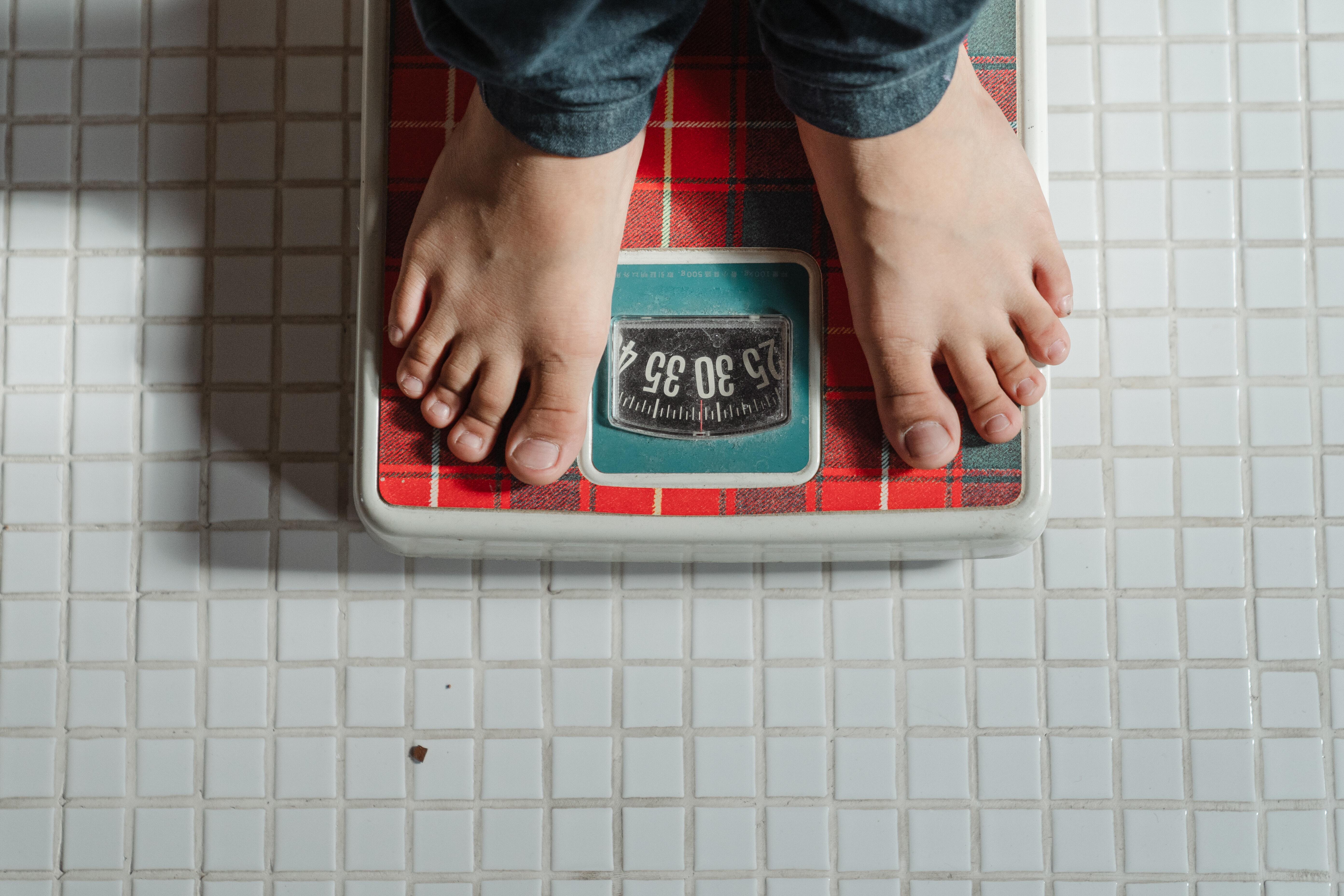
Look weight gain and weight loss are serious concerns of yours and I get it.
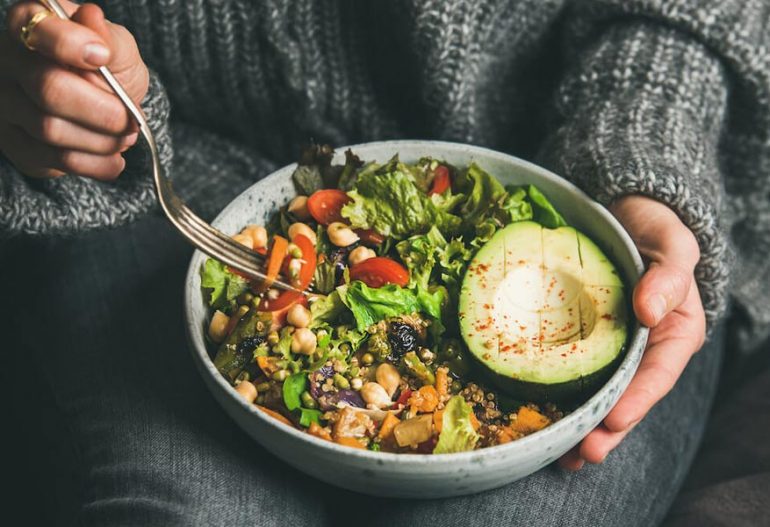
Flavourful Vegan Recipes Covering Everything From Burrito Bowls To Chocolate Mousse
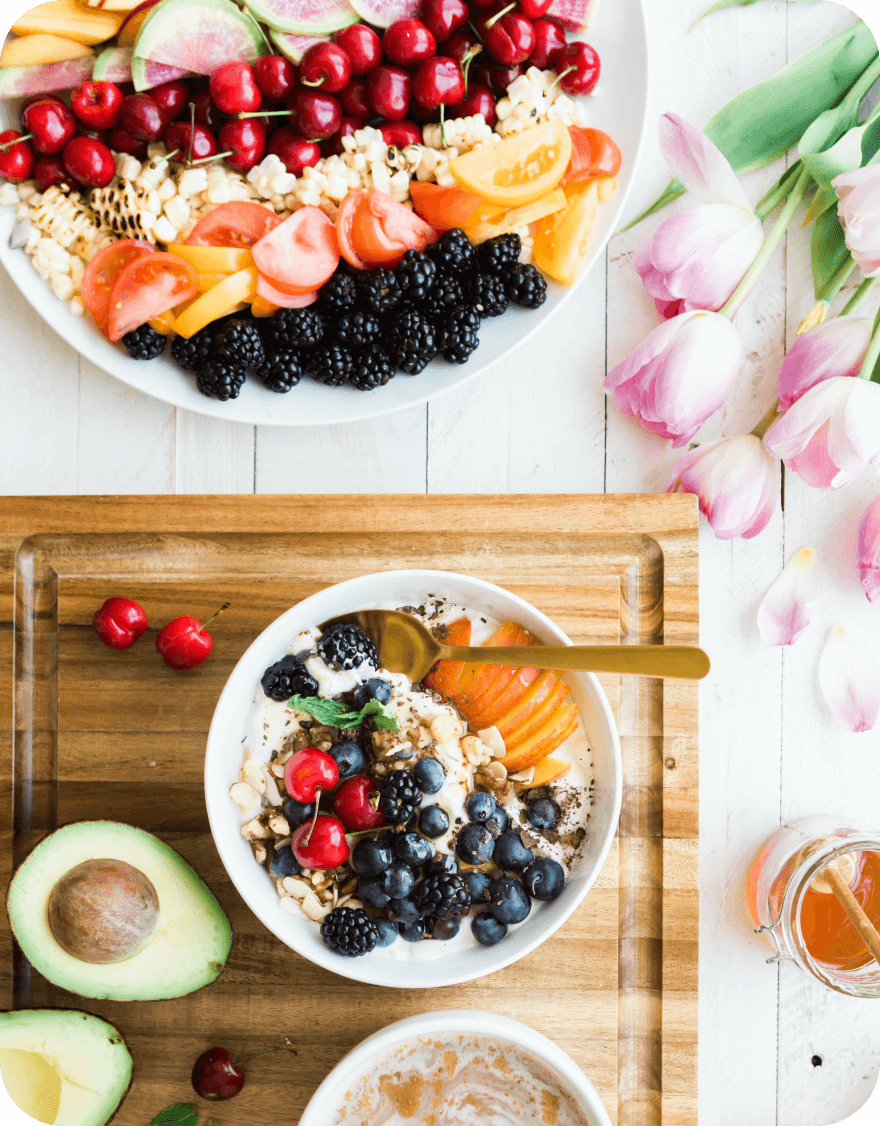
The keto diet is not just a diet it is a lifestyle change!

Pizza is Doubly Addictive with Two Morphine-Like Compounds in Every Crusty-Chewy Slice!
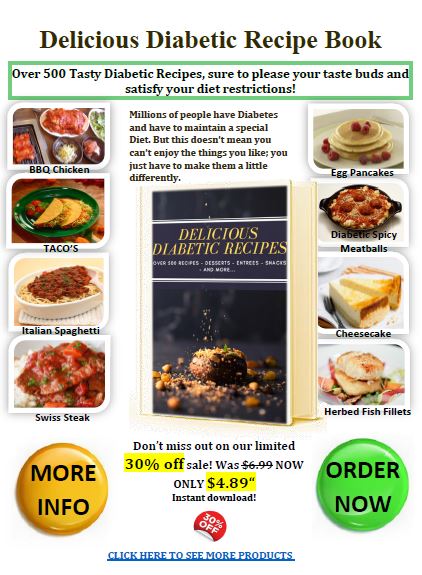
Delicious diabetic recipes- over 500 recipes-Desserts-Entrees-Snacks-and more.
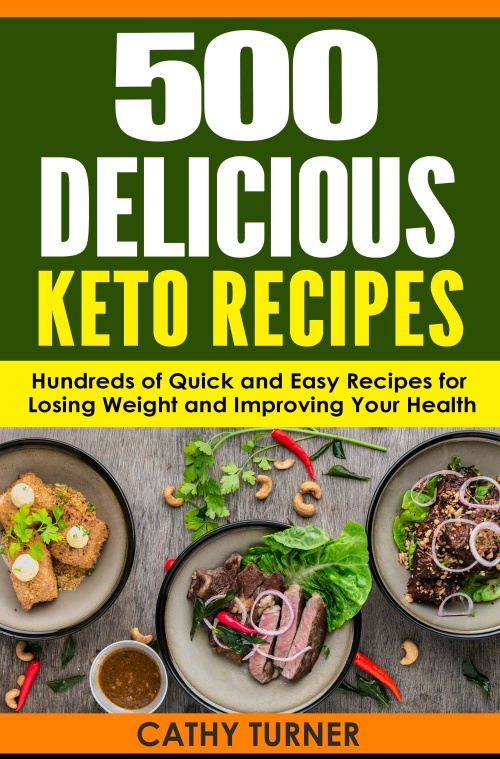
An amazing collection of easy and delicious keto recipes.

Homemade Desserts just got quicker easier and smarter.
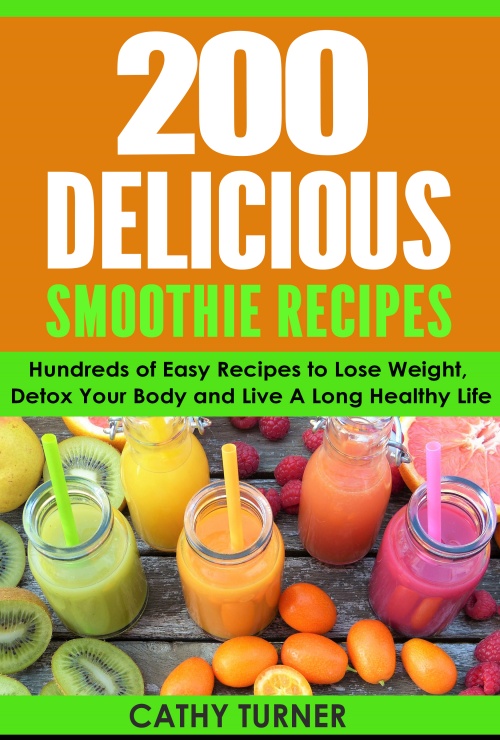
Boosting your health is easier than you think- smoothies make everything taste better.
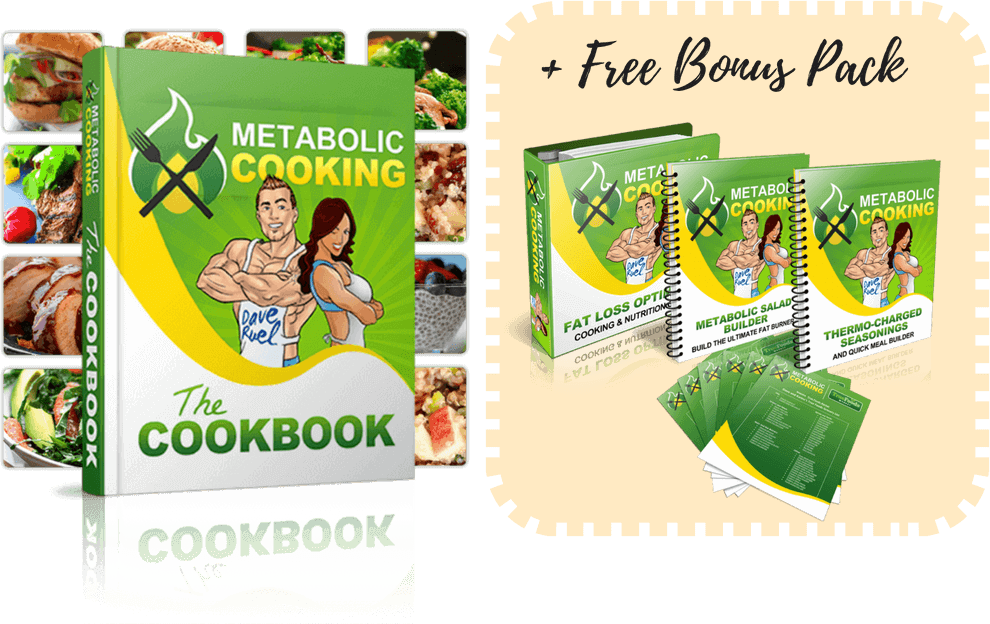
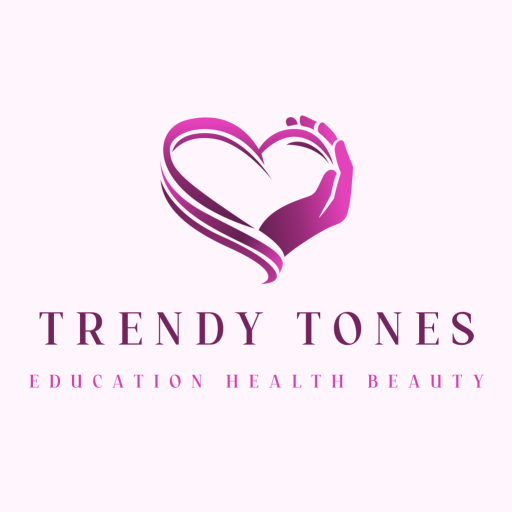
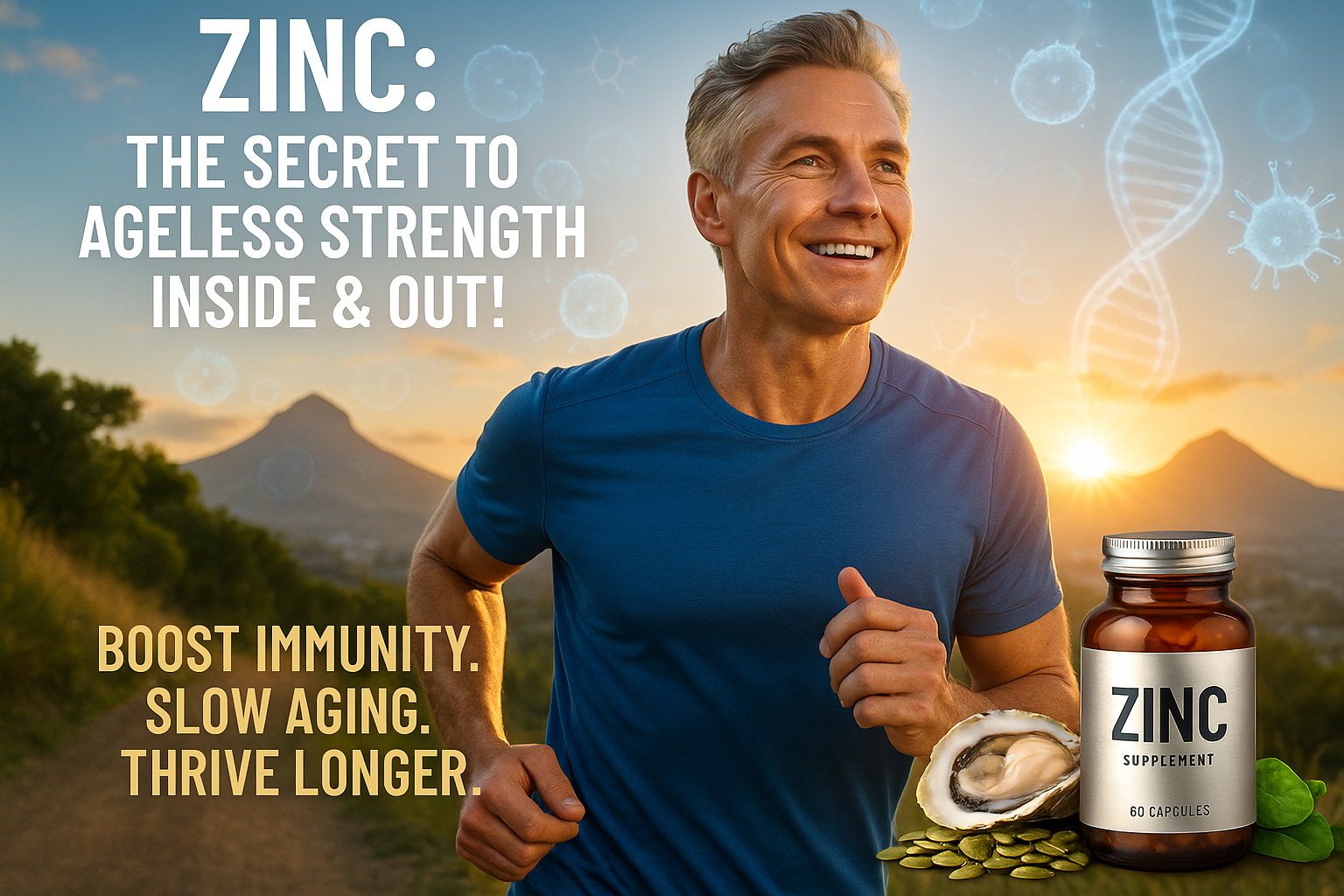
Comments
12 responses to “Unlocking Ageless Skin: Zinc’s Anti-Aging Benefits”
how to order enclomiphene canada online order
cash for enclomiphene
consultation en ligne pour kamagra
acheter kamagra en ligne en toute sécurité
purchase androxal overnight no rx
how to order androxal cheap buy online no prescription
order flexeril cyclobenzaprine cheap canada pharmacy
cheap flexeril cyclobenzaprine generic uk next day delivery
how to order gabapentin canadian sales
order gabapentin no rx needed
cheap fildena canada purchase
online order fildena generic switzerland
buy cheap itraconazole buy online australia
buying itraconazole buy sydney
discount avodart generic from the uk
buy avodart generic side effect
buying staxyn canada over the counter
cheap staxyn uk meds
buy rifaximin generic does it works
buy rifaximin no prescription cod
how to order xifaxan generic from canada
buy cheap xifaxan cheap now
obrázky kamagra lékových štítků
koupit kanadský kamagra